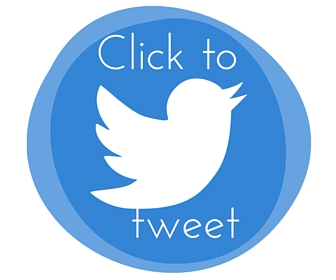What questions could you be asked in an interview? How's best to respond? We're bringing you the insiders view, we've asked business owners to share their techniques.

Interviewing job applicants can prove a challenge, especially when several candidates have similar qualifications and experience and are applying for the one job. Many recruiters are starting to spice things up by throwing in some bizarre curveball questions. These reveal a lot about how the candidate handles themselves when taken off-guard, as they are likely to have prepared themselves for just the more traditional questions.
What is a curveball question?
A curveball question is basically a question that will catch someone by surprise. Curveball questions can be about anything, so they make candidates think on their feet. A curveball question can be something like ‘Sell me that pen’ or ‘if you were an animal what would you be and why?’
It's your personailty that's going to shine through here, imagine a small child had asked you the same thing, would you be shy about role play? No! It's the same with an adult interviewer, this one's all about answering a question confidently.
Why do interviewers ask bizarre questions?
These questions can help interviewers find out about the candidate’s personality, and gives them clues about whether they'd like to work with them, and whether they would fit in with the rest of the team, customers and clients. It’s important to get the right team fit if you are going to spend at least 40 hours a week with them, which is more time than some us spend with their own families and friends. Simply relax and understand why they're using this approach.
What Curveball questions could I be asked?
Some odd questions are actually closely linked to the job, others are designed to test the candidate’s personality. These questions are especially useful when there is very little to choose between candidates. Curveball questions also make the interview more interesting for the interviewer and interviewee, while helping them choose the right candidate.
There are a number of different types of questions you might be asked. Here are different types of interview styles that are commonly used.
The Knuckleballs
These questions are fun, giving you an opportunity to shine and for your interviewer to learn more about you, as well as to see which candidates are not prepared to step up to the plate and take a swing at answering. They could be......
- In the news story about your life, what would the headline say?
- What’s your superpower?
- Do you have a nickname?
- What do you think of garden gnomes?
The Curveballs
They may be a little out of the ordinary, but like the knuckleballs, these interview questions can give the interviewer great insight into the job seeker, just make sure that you respond candidly.
- What’s the most important part of your day? (This question may tell the interviewer how the candidate plans or prioritises, whether they are a pessimist or optimist, what’s important to them in life, or whether they enjoy their work or are just looking for a pay check.)
- Does life fascinate you?
- What do you like to read?
The Sliders
These questions may drive home a little more about the integrity and persona of the candidate. Interviewers are looking for candidates to answer a straight yes without hesitance here.
- Are you honest? (This question is more about the interviewer watching a candidate’s body language and reading subtle cues like how long it takes them to answer.)
- Are you creative?
- Are you happy?
The Forkballs
Most interviewers won't be afraid to get a little dirt under their nails and ask some tougher questions.
- What makes you angry?
- How do you operate under stress?
- What do you hate about working?
Traditional Questions?
Although it’s good to be asked some of the standard questions like ‘Tell me about yourself’ and ‘What did you do in your last job?’ These questions can appear a bit repetitive and if you've prepared well you've probably already answered these on your CV, so a mixture of both curveball and traditional questions is good for both the interviewer and the interviewee.
An interview should be a two way thing, so both parties get to know each other’s personalities as well as the standard questions and answers. Don't be afraid to ask your own questions!
Role of the Week
Mess Around Ltd

Location: UK Wide
You won’t find monotonous, weekly sessions at Mess Around!
We are about providing children larger-than-life unique messy fun. With the opportunity to get messy and explore...
Find out More







